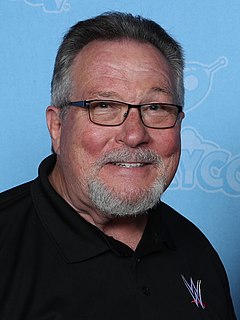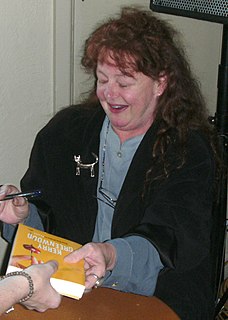A Quote by Rick Perlstein
Personally, speaking as a historian and a storyteller, when it comes to inaccuracy in historical fictioneering, I follow the Shakespeare principle: I'm willing to overlook gobs of mistaken detail if the poetic valence is basically correct.
Related Quotes
I have to write three books a year to make a reasonable living out of writing - unless, of course, she gets a major American film deal. Phryne has been optioned since the very first book, but to make a historical TV movie, it costs $30,000 a day extra for the historical detail to be correct, so most people aren't doing it.
To apply poetic license or to apply incorrect arrangements requires the idea or the understanding of correct arrangements - becoming an expert of the conventions of correct arrangements in order to misplace them. In other words, misplacing things with the understanding, or even the mastery, of normalcy is actually quite poetic. These are rule-based operations.
To know John Kennedy, as I did, was to understand the true meaning of the word. He understood that courage is not something to be gauged in a poll or located in a focus group. No adviser can spin it. No historian can backdate it. For, in the age old contest between popularity and principle, only those willing to lose for their convictions are deserving of posterity's approval.








































